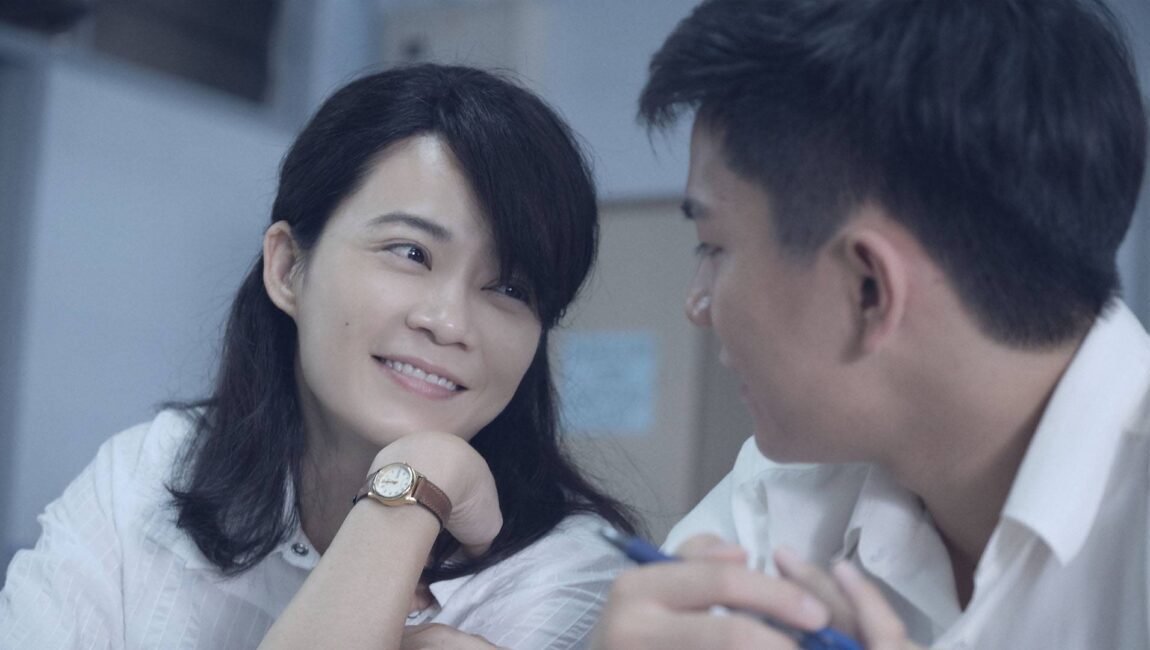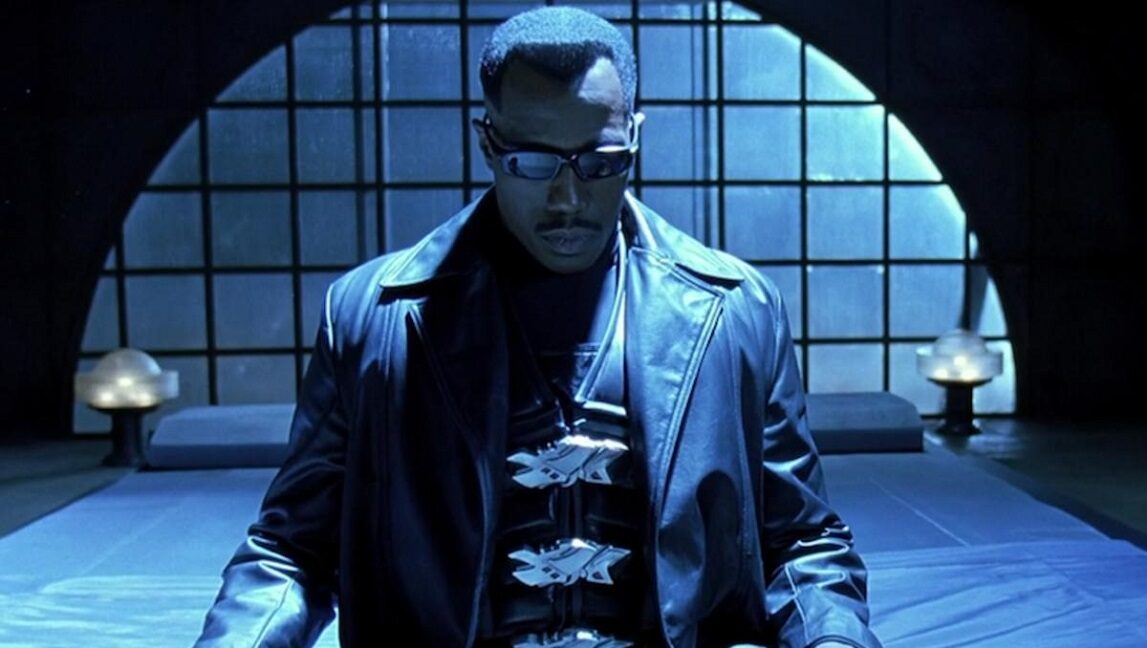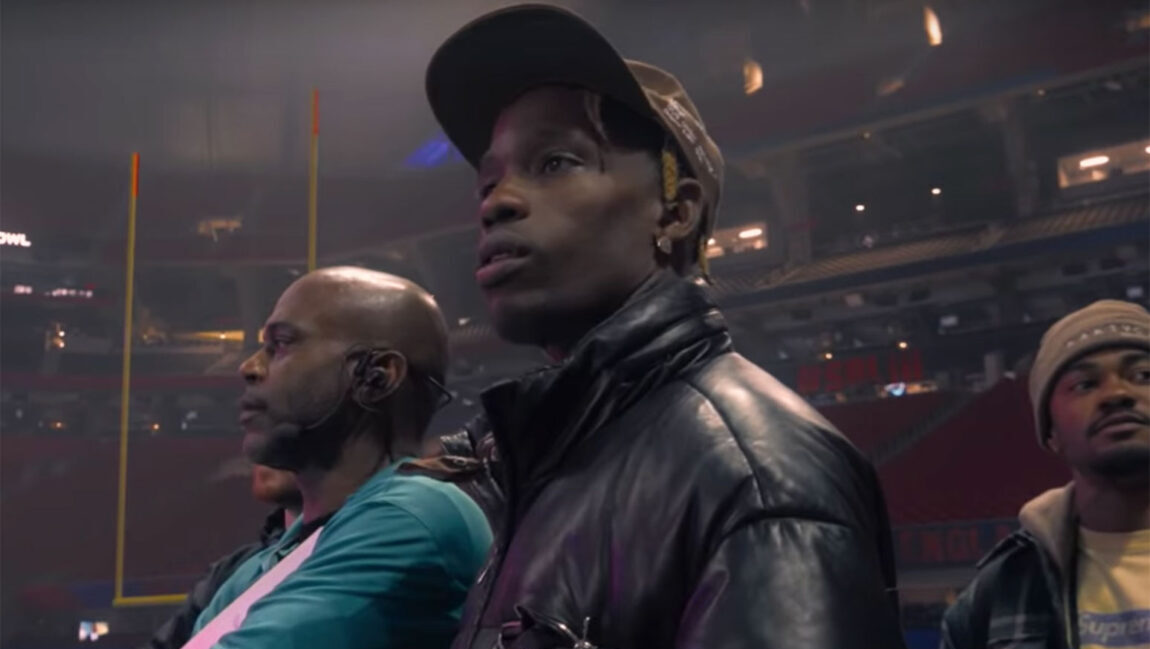Ma (Brie Larson) and her five-year-old son Jack (Jacob Tremblay) live in Room, the backyard shed of a man who has kept Ma (real name Joy) as a sexual prisoner for seven years. Jack was born in captivity and has no understanding of the outside world; Joy maintains an elaborate series of fabrications to explain the realities of their existence to him. Eventually, the two escape, and the difficult, emotionally wrenching acclimation to a “normal” life strengthens the bond between mother and child.
Room does a lot of things well. Emma Donoghue’s source novel (which she adapted) is told entirely from Jack’s POV, and dense with the quotidian details of the life lived in what he just calls “Room.” This places the reader completely in the subjective headspace of a child in an unimaginable situation. The film takes a more objective viewpoint, allowing Larson and Tremblay’s strong performances to do much of that heavy lifting. The material is loaded too, which makes it difficult not to well up a bit when Ma and Jack are reunited after their terrifying escape, or when the former, who herself has been through a barely imaginable trauma, credits her resilient son with bringing her back from utter despair.
Larson and Tremblay’s strong performances do much of that heavy lifting.
But that shifting of perspective also limits what director Lenny Abrahamson can actually do with Room on screen. Sticking to Jack’s POV would necessitate a radically more intense visual approach for what’s instead esssentially a quiet two-hander for most of its runtime. Would Jack’s first glimpses of the world outside of Room—simple shots of the sky and stray tree branches with some soaring music on the soundtrack, as he lies on his back pretending to be dead—have been enough to represent what must be an incredible, mind-altering shock to a character in a film that never once left his thoughts?
On the other hand, despite the opening of perspective from the novel, Roomstill limits its point of view to Joy and Jack, not so much excluding other characters as excluding the moral and psychological complexity of this situation. When Joy’s father struggles with accepting his grandson as the product of his daughter’s horrible rape, the film ejects him from the narrative. When a TV reporter asks Joy if she considered asking her captor to leave baby Jack at a hospital to give him a chance at a normal life, she replies, “But he’s mine.” The question isn’t really brought up again. The bond between mother and son is a powerful, magnetic one, and Room relies on it for its undeniable effectiveness and reassuring sentiment, but that path of least resistance is heading away from a much thornier approach.








No Comments